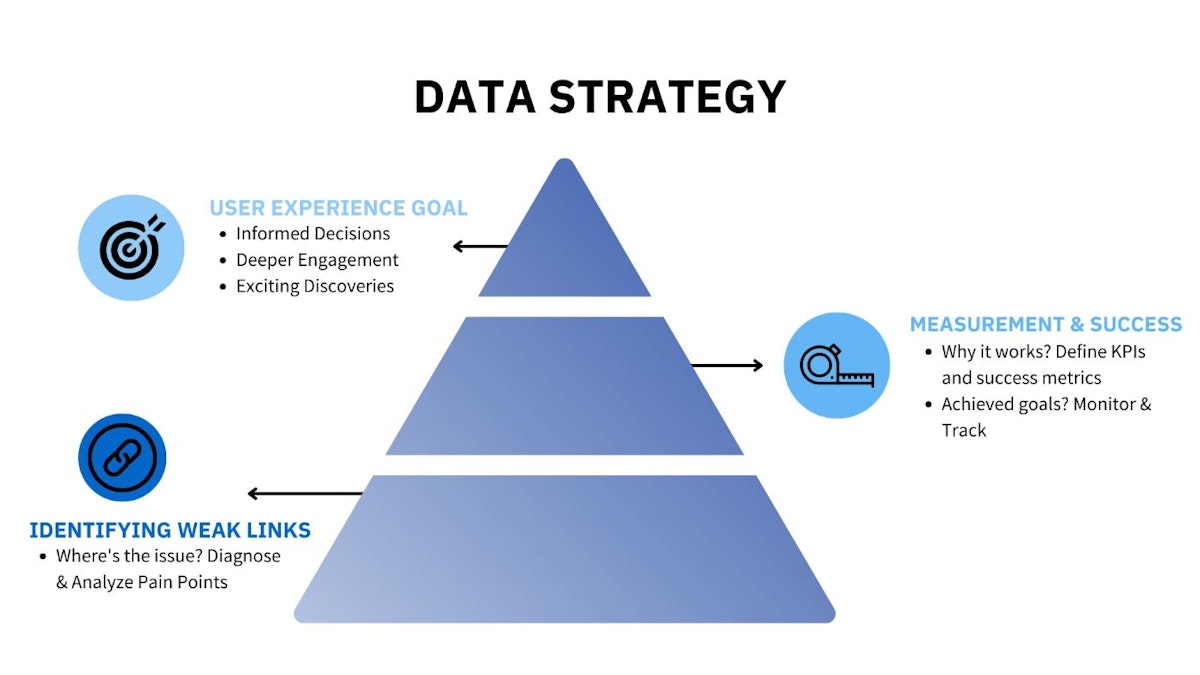
Are you a data leader tasked with implementing the exciting yet challenging Data Mesh approach? As data leaders, we recognize the limitations of traditional, centralized data management. Sluggish decision-making, siloed information, and restricted agility impede our ability to leverage data effectively. Enter Data Mesh: a promising paradigm shift towards decentralized ownership and collaboration. Imagine empowering subject matter experts to own and manage their data, fostering deeper responsibility and swifter insights. However, achieving this ideal balance requires careful planning and execution.
This article dives into the common hurdles I have encountered during my Data Mesh journey, equipping you with the knowledge to overcome them. By the end, you’ll be well-prepared to embark on a successful implementation, empowering your teams to unlock the full potential of your data and deliver transformative insights for your entire organization.
Zhamak Dehghani herself said “The biggest challenge with Data Mesh is defining clear ownership boundaries. It’s not just about giving everyone access but ensuring accountability and responsibility for the data. Otherwise, you end up confused and conflicting versions of the truth.”

The kitchen has rules, there is a reason the chef screams behind them when they pass the line
Imagine Gordon Ramsay storming into a restaurant, expecting Michelin-starred execution from a team of burnt-out short-order cooks who’ve never seen the pressure of a high-end kitchen. That’s the chaotic recipe for disaster many organizations cook up when they dive headfirst into Data Mesh without proper support.

Gordon Ramsay Cooking GIF
Instead of empowering teams, they unleash data anarchy. Imagine tossing untrained cooks into a five-star kitchen, each throwing in random ingredients with their limited skills. Chaos erupts, quality plummets and the business goes belly-up. This is precisely what happens when organizations lack a strong learning program and data strategy before implementing Data Mesh.
Without proper training, even talented cooks falter under pressure. Similarly, expecting teams to navigate data ownership and decentralized decision-making without the right skills and knowledge leads to confusion, inconsistency, and ultimately, data-driven indigestion. Yesterday they worked on front-end features, and all of a sudden today they need to build data products based on the events they fire.
A robust data strategy acts as the restaurant’s menu, clearly outlining goals, roles, and expectations. Organizations need to invest in data literacy programs, equipping teams with the skills and knowledge to thrive in the decentralized kitchen.
Data Mesh isn’t just about handing out data sources; it’s about fostering a culture of collaboration and excellence. Without the right training and a clear vision, your data journey might end up looking more like a Kitchen Nightmares episode than a Michelin-starred success story.
Clear Ownership & Measurement:
Don’t just “hand over the data” without defining boundaries and expectations. Think of it as providing guidelines, not just components. Establish clear ownership, roles, and success metrics to avoid disjointed initiatives and ensure everyone cooks the same data.
Many leaders misinterpret Data Mesh as simply handing over data ownership to individual teams without proper support. The executive team needs to build the frame around it, and no I am not calling now for people to hire a CDO (Chief Data Officer) which I think is a bad behavior by senior managers who try to remove the responsibility from themselves. I am expecting the executive team to take part in deciding what is the true source of the data the organization uses. What is the organization’s goal, and how to evaluate why it goes in the right direction or not, and share it with the people? Then identify your one true source for the data, I am not expecting the executive team to deal with the decision of Data Lake or not, or use data tool A or B, the expectation is to create clarity on how to measure success

What the executive team need to work on by Lior Barak
If the executive team avoids doing so it will turn into a recipe for disaster. Imagine each team preparing their own data using their elements and understanding, with no unified taste or measurement. Executives need to define the desired “flavor” (business goals) and establish KPIs to monitor success, preventing data confusion and “FOMO-driven” metrics from clouding the picture.
- “Data Mesh isn’t a silver bullet for data quality issues. If you have bad data going in, you’ll still have bad data coming out, even with decentralized ownership. Data governance and quality standards remain critical.” – Hilary Mason, Data Scientist and Author
Empowerment Through Training
Unleashing untrained cooks leads to disaster. Invest in data literacy programs, equipping teams with the skills to thrive in the decentralized kitchen. Remember, Gordon Ramsay trains his team – don’t skip this crucial step!
Make sure they understand the tool they need to use, I remember a mentoring session a few months ago with a product owner who asked to understand what data product is, he was part of a front-end team and his managers told him one day that from now he owns the data products of his events, the poor PM was so lost and didn’t even know what needs to be done, he was an awesome PM when it came to engaging and increasing conversion of his users, but what he understands in creating a data products out of the events he was firing. Organizations often jump into Data Mesh without a clear data strategy, like starting a restaurant without knowing what dishes to serve. A defined data strategy acts as the menu, identifying key data sources and aligning everyone toward common goals.
Sending your front-end engineers to discover what tools they can use to send data into the data lake, and later also expect them to build tables out of it, without giving them standardized tools and education, will not work well and you will drag many issues of data quality.
“The biggest hurdle isn’t the technology, it’s changing the organization’s culture. Moving from a centralized, top-down approach to a decentralized, self-service one requires a significant mindset shift that can be met with resistance.” – Adrian Colyer, Co-founder of The Information Lab
Data Governance is the Secret Sauce
Don’t underestimate the importance of data governance. It’s like having a defined menu, ensuring everyone uses the right ingredients and cooks with consistent quality. Avoid data silos and confusion by establishing clear guidelines and standards.
Organizations that have not adopted data contracts including schema validation methods or certified their KPIs and datasets will suffer from having garbage data, very simple, the most important part is to have a team that can build tools to create flow in the data ecosystem, from requests of the analysts to the data producers, and up to changes created in the data from the data producers to the analysts and data consumers.
Setting up data governance is the key to creating this order in the kitchen, not that everyone now orders their curry powder from a different provider, and then the taste will be different
Embrace Your Tools
Excel sheets are fine spices! Focus on empowering your data culture and collaboration, not tool snobbery. Remember, Data Mesh is about teams owning their voice and contributing effectively, regardless of their tools. I remember in the past I read about Netflix and I said are they crazy? Why do they have Tableau, MicroStrategy, and PowerBI, is it because they can’t decide on a tool for the organization? Well, I didn’t know anything about data mesh and this is the reason most likely.
Excel Sheets? No Sweat! Embrace the “Mise en Place” of Data Mesh
Legacy systems, limited tools, and data quality snags might feel like kitchen nightmares. But fear not, data chef! Forget tool snobbery. Whether your team wields Excel sheets or Tableau, Data Mesh is about empowering their data culture and aligning their voice with the organization. Maybe the CRM team is obsessed with content quality over conversion rates. That’s Data Mesh in action! Teams can self-evaluate, but with the understanding that the company might assess performance differently.
Think of it like “mise en place”, the French culinary term for prepping ingredients before cooking. A strong data strategy lays out the ingredients (data sources, governance), ensuring everyone speaks the same language and contributes effectively.
Learning from Other Kitchens
Understanding common roadblocks faced by similar organizations helps. Imagine chefs sharing their “kitchen fire” stories and learning from each other’s mistakes. By highlighting these challenges and potential solutions, we can equip others to avoid similar pitfalls.
Data Mesh isn’t just about throwing open the kitchen doors; it’s about creating a well-coordinated culinary ensemble. Learn from others’ “kitchen fire” stories, adopt helpful tools and resources, and most importantly, approach Data Mesh with an open mind and a collaborative spirit. So, ditch the bland, embrace the spice, and prepare a data-driven masterpiece that tantalizes everyone’s taste buds!
This article was originally published by Lior Barak on HackerNoon.




